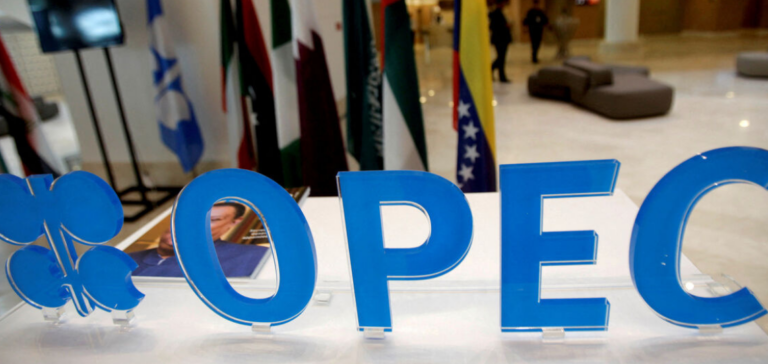The Organization of the Petroleum Exporting Countries (OPEC) and its allies, collectively known as OPEC+, have announced a virtual meeting for November 30, abandoning their planned meeting in Vienna. This decision comes against a backdrop of tensions over production quotas for 2024 and compliance with these quotas. The discussions are likely to be complex, with oil prices falling and the market uncertain.
2024 Production Quotas Management and Compliance
The negotiations, initially scheduled for November 26, raise crucial questions. The delegates expressed their differences, particularly on the management of quotas for 2024. No specific reason was given for the change in meeting format. The coincidence of this meeting with the opening ceremony of the United Nations Climate Change Conference (COP28) in the United Arab Emirates, an OPEC member, adds an extra dimension to the event.
3. Impact of Market Decisions and Projections for 2024
Global oil demand is expected to moderate in the first quarter of 2024. Analysts predict that OPEC+ could extend its production cuts, although the duration remains undetermined. In addition, further reductions are envisaged. According to analysts at S&P Global Commodity Insights, the November 30 meeting will reveal OPEC+’s short-term strategy in the face of a difficult oil supply and demand environment in 2024.
Non-OPEC Oil Production Challenges and Economic Situation
OPEC+ must also manage the impact of rising non-OPEC oil production and weak economic data, particularly in China, a key export market. Dated Brent crude was valued at $79.48 a barrel on November 22, down 3.3% on the day and 18.8% on the recent peak of $97.92 a barrel on September 27, when voluntary OPEC+ summer cuts boosted prices.
Geopolitical Considerations and Impact on OPEC+ Policies
Geopolitical problems, such as the Israel-Hamas war and Russia’s ongoing invasion of Ukraine, further complicate forecasts for 2024 and OPEC+’s political plans. The Rapidan Energy Group identifies several points of contention, including the United Arab Emirates, West African countries and potentially Iraq. Clay Seigle, Director of Global Oil Services at Rapidan Energy Group, believes that the most likely scenario would be to maintain previously agreed production levels.
OPEC+ negotiations and tensions
At its last full ministerial meeting in June, OPEC+ reached a provisional agreement on new quotas for 2024, increasing the United Arab Emirates’ quota, but reducing the production targets of some African producers, including heavyweights Angola and Nigeria, as well as smaller producers such as the Republic of Congo and Equatorial Guinea. African members, who did not demonstrate significantly higher production capacity before the November meeting, are resisting quota cuts that could undermine investment.
The impact of regional conflicts on OPEC+.
A source close to Angola’s oil minister, Diamantino Azevedo, expressed doubts about his participation in the meeting. Another controversial issue could be the group’s coordinated response to the Israel-Hamas war. Iran has already called for an embargo on oil exports to Israel, a position not supported by other OPEC countries, despite widespread frustration in the Middle East. Negotiations on a ceasefire in the conflict are at a critical point, and active fighting increases the risk of a larger international response.
Javad Owji, Iran’s Oil Minister, stressed that the situation threatened market stability, while supporting continued cooperation within the group.
“The expansion and continuation of tensions in the Middle East are leading to uncertainty and instability in energy markets, particularly the oil market, jeopardizing the security of energy supply and the sustainable development of the energy industry.”
he declared.
The virtual OPEC+ meeting marks a decisive turning point in the management of oil production quotas in the face of a complex economic and geopolitical landscape. The decisions taken will influence not only oil markets, but also international relations and global environmental strategies.





















